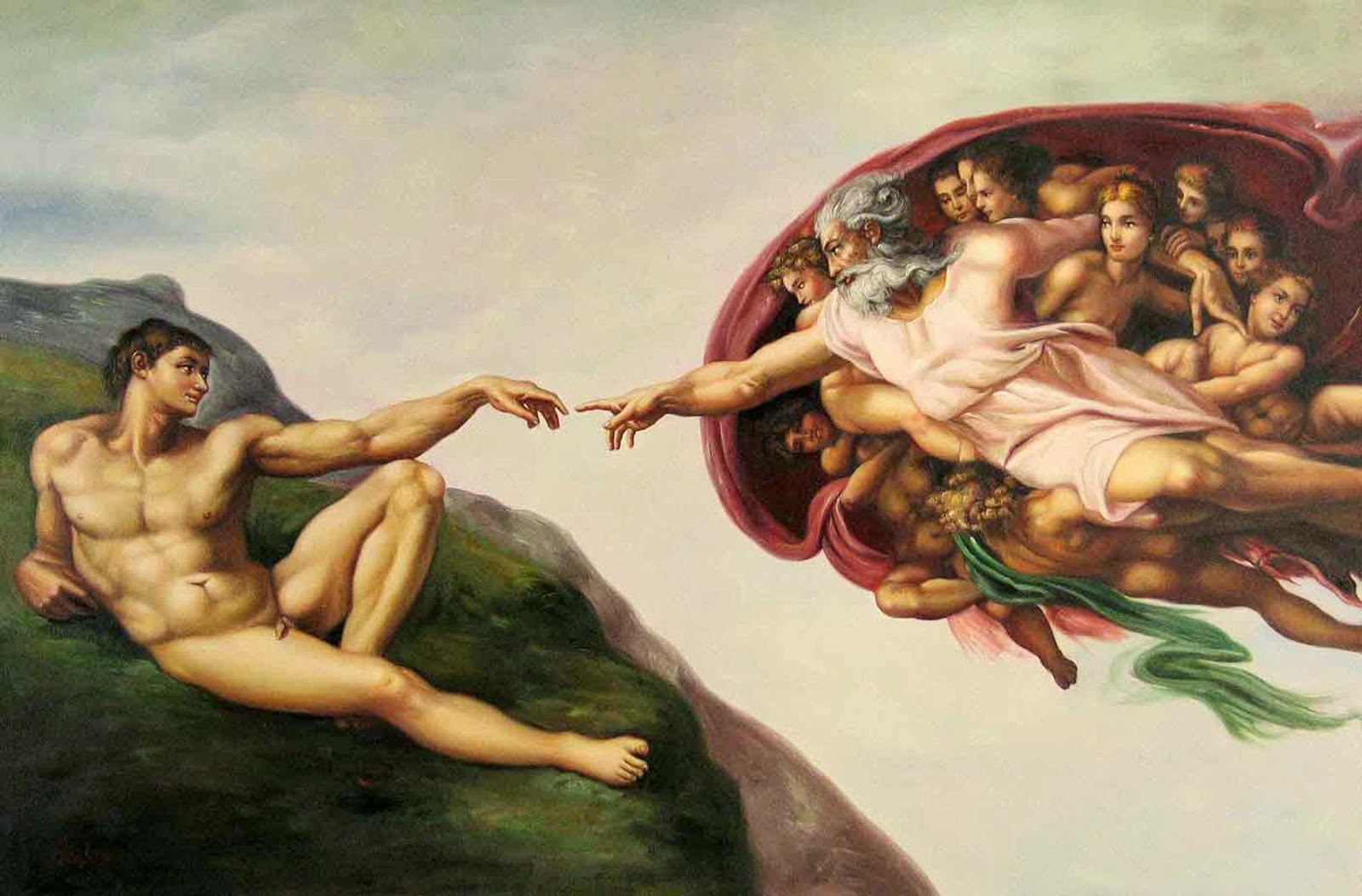This article is a follow-up to an earlier one in which I argued for an allegorical reading of Philemon, which you can find HERE. In this piece I evaluate my earlier claim, and also consider alternate readings of Paul's Epistle.
Evaluating An Allegorical reading of
Philemon
Several years ago,
I applied my own allegorical reading to Paul’s Epistle to Philemon. I did this without any real understanding
that allegory is just one “sense” in which scripture can be read, and moreover
that there are different types of allegory within the overall “spiritual”
sense. In order to evaluate the
strengths and weaknesses of my allegorical reading of Philemon, I will
employ the four senses of scripture as outlined in classical (medieval)
exegetical thought. In the process, I
will strive to answer the following three questions: What other meanings have been (or can be)
gleaned from the text? Do the other senses or readings of scripture play a
meaningful role in the text? Finally, does my allegorical reading of Philemon
lead me to neglect certain dimensions of the text? In answer to these questions, I assert the
following: First, that the most common meaning that has been gleaned from the
text generally relies on a literal sense of the text. Philemon is most often held to be exactly
what it appears to be on the surface: a letter from an apostle to a Christian
slaveholder, designed to persuade him to be reconciled to a runaway slave. However, more recent interpretations point
out that Paul may have intended a moral reading concerning the equality of
Christian brotherhood. Second, while the
literal sense of the text has been accepted in the past, newer commentators
have posited that the moral sense ought to be applied to the text instead (or
at least as well) (as in the case mentioned above). Third, an exclusively allegorical
interpretation of Philemon has some drawbacks, including the fact that it may
lead one to neglect or overlook the valuable moral sense of the text.










